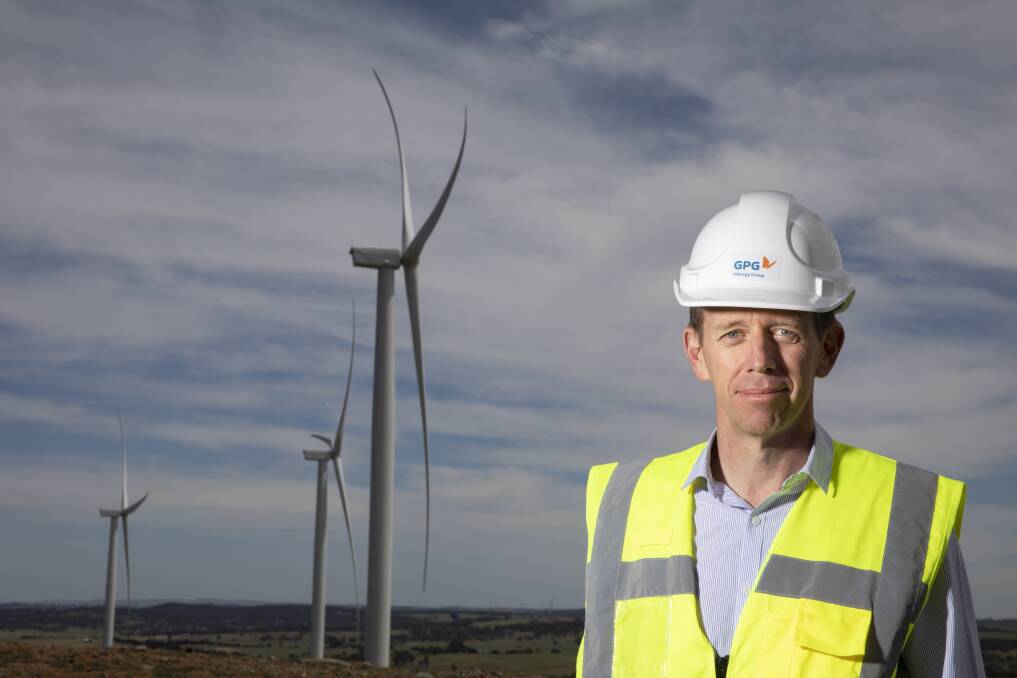Canberra is set to become the first city outside Europe to source 100 per cent of its electricity needs from renewables, according to a new Australia Institute report.
Subscribe now for unlimited access.
or signup to continue reading
The report, to be published on Wednesday, found Canberra was poised to become just the eighth city in the world to complete the transition away from a fossil-fuel based energy supply.

Canberra is expected to reach the milestone on October 1, when stage three of South Australia's Hornsdale wind farm starts feeding energy into the grid.
Canberra will join three cities in Germany and Austria, as well as one in Spain, in achieving the green energy goal.
Only cities with a population of more than 100,000 were considered as part the institute's analysis.
The German state of Schleswig-Holstein, which has a population of 2.9 million, is the largest jurisdiction to have made the transition.
The cities are technically not powered entirely by renewables, as each is connected to a grid network which includes energy sourced from coal and gas.
However, each jurisdiction sources enough electricity from renewable energy projects to meet their city's needs.
Canberra's supply comes from wind and solar projects which are linked to the ACT government's "reverse auction" scheme, such as the Hornsdale farm.
In those auctions, proponents of renewable energy projects bid to supply the territory with energy in exchange for feed-in tariffs.
The Australia Institute's climate and energy program director, Richie Merzian, said the ACT was a "renewable energy trailblazer".
"This shows that states and territories are leading the way on climate action while national governments often lag behind. Australia is a perfect example," Mr Merzian said.
The study's release comes after the ACT government this week unveiled its new climate action strategy, which provides a roadmap for reaching its target of net zero carbon emissions by 2045.
"The ACT is recognised as a global leader in reducing greenhouse gas emissions and has some of the most ambitious emission reduction targets of any jurisdiction in the world," the territory's Ministers for Climate Change and Sustainability, Shane Rattenbury, said.
"Through our world-leading transition to 100 per cent renewable electricity we have demonstrated that our bold leadership can create opportunities for our region, in business development, training and education."


